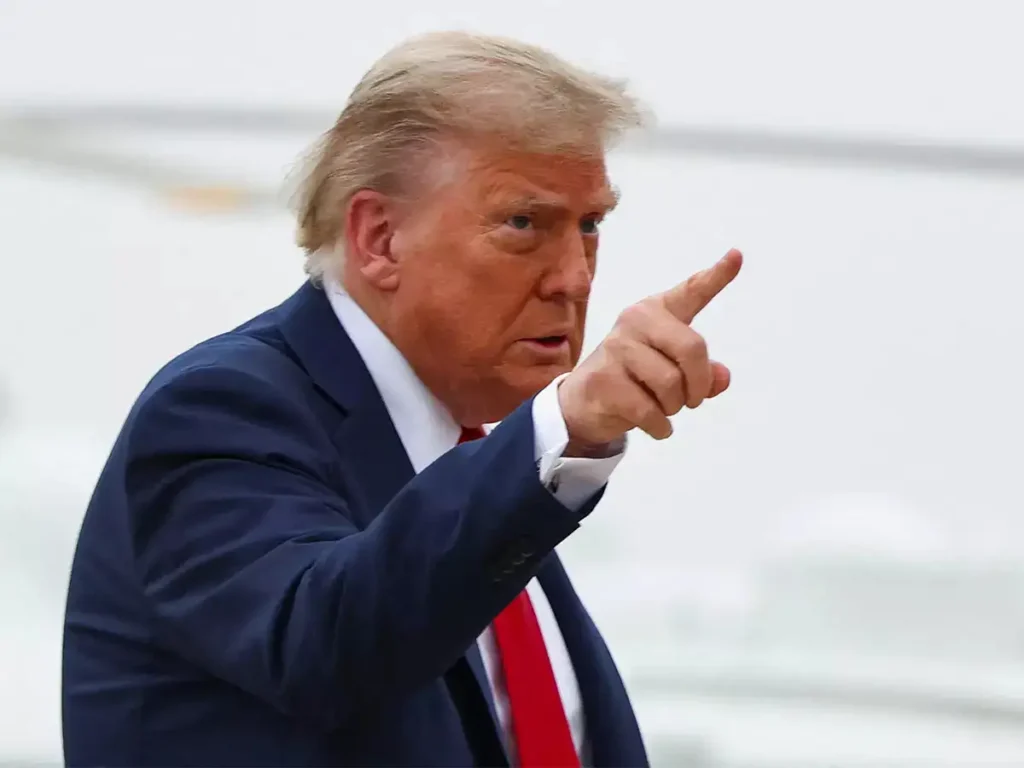
G7 Countries
G7 Countries : For the first time since the latest flare‑up between Israel and Iran last June, G7 countries convened to deliberate on the fast‑escalating conflict. While the statement called for broader de‑escalation, officials notably did not issue a direct ceasefire demand between Israel and Iran. This blog unpacks the G7’s stance, its reasoning, and what it signals for global diplomacy.
Background to the Israel–Iran Escalation
Tensions began when Israel launched pre-emptive airstrikes on Iranian territory aimed at nuclear-related infrastructure—an act it called defensive. Iran retaliated with missile and drone attacks targeting Israeli cities. Initial reports suggest over 200 Iranian casualties and around 24 deaths in Israel, including civilians .

G7 Summit Context: Who Was Present
The G7 Summit took place in Kananaskis, Canada, from June 14–16, 2025. Leaders representing:
- Canada (PM Mark Carney)
- UK (PM Keir Starmer)
- US (President Donald Trump, who departed early)
- France (President Macron)
- Germany, Italy, Japan, and EU Commission all participated .
Key attendees included Macron, Merkel, Meloni, and Starmer, with Trump leaving early due to the crisis.
The Joint Statement: What’s Included
The official G7 statement issued June 16:
- Support for Israel’s right to defend itself
- Described Iran as a source of instability and terror
- Reaffirmed a global norm: “Iran can never have a nuclear weapon”
- Called for de-escalation across the Middle East, including a Gaza ceasefire
- Pledged vigilance over international energy markets .
Key Highlights of G7 Countries
✔️ Support for Israel’s Self-Defence
The G7 reaffirmed that Israel has the legitimate right to defend itself—a unified stance cementing its security position .
✔️ Identifying Iran as a Threat
Iran was labelled “the principal source of regional instability and terror” and was strongly opposed having nuclear weapons .

✔️ Call for Broader De-escalation
The group urged “resolution of the Iranian crisis” to include de-escalation across the Middle East, though they stopped short of explicitly demanding an Israel–Iran ceasefire .
✔️ Gaza Ceasefire Mention
They also backed “a ceasefire in Gaza”—showing concern about the humanitarian implications of concurrent conflict zones.
✔️ Nuclear Non-Proliferation Emphasis
An explicit, unanimous message: Iran must never acquire nuclear weapons .
The Omission: No Direct Israel–Iran Ceasefire Demand?
Although de‑escalation was emphasised, there was no firm call for an immediate Israel–Iran ceasefire. Reasons include:
- Political divergence—Trump emphasized support for Israel and nuclear constraints rather than diplomatic pressure.
- Sensitive language—pressing for a ceasefire might be seen as weakening Israel’s stance.
- Complex mediation—coordinating discussions between these adversaries is fraught with risk.
Instead, G7 leaders chose language aimed at reducing regional escalation as a whole.
Responses: Iran, Israel, and Regional Actors
- Iran defended its retaliatory strikes as self-defence, citing The Guardian .
- Israel continued to justify the strikes as preventive action to protect nuclear sites .
- European leaders—notably Macron and Meloni—advocated re-opening diplomatic channels with Iran .
The Role of G7 Countries in Global Security
As a coalition of advanced economies, G7 countries carry strategic influence. Their statement reflects:
- A blend of support for key ally Israel
- Caution over global economic fallout (fuel markets)
- A message against nuclear proliferation
- An emphasis on diplomacy over war
Their collective stance, despite U.S. disunity, sends a powerful signal.

Implications for Energy & Markets
The G7 recognized that Middle East instability can spike oil prices, disrupt trade, and unsettle global markets. They committed to monitoring and stabilizing energy systems .
What Comes Next? Monitoring Consequences
Key areas to watch:
- Will the G7 Countries issue follow-up statements or impose sanctions?
- Could there be renewed behind-the-scenes diplomacy?
- Will energy markets react to renewed instability?
- How will Iran and Israel respond—militarily or via negotiation?
FAQs
- Q: Did G7 call for ceasefire between Israel and Iran?
A: No—they urged de-escalation broadly but avoided a specific ceasefire mandate. - Q: Did Trump approve the statement?
A: Yes, after revisions; he left the summit early due to the crisis. - Q: Are all G7 members aligned?
A: Yes, they reached unanimity despite divergent national stances . - Q: What about Gaza?
A: They specifically called for humanitarian‑focused ceasefire in Gaza .
Conclusion of G7 countries
The G7 countries have taken a firm but cautious diplomatic stand—supporting Israel’s right to defense, condemning Iran’s destabilizing actions, and urging overall de-escalation. While they avoided an explicit Israel–Iran ceasefire demand, their unified statement marks a pivotal diplomatic moment. In volatile times, their role in steering global diplomacy, energy stability, and nuclear non-proliferation will remain critical.



